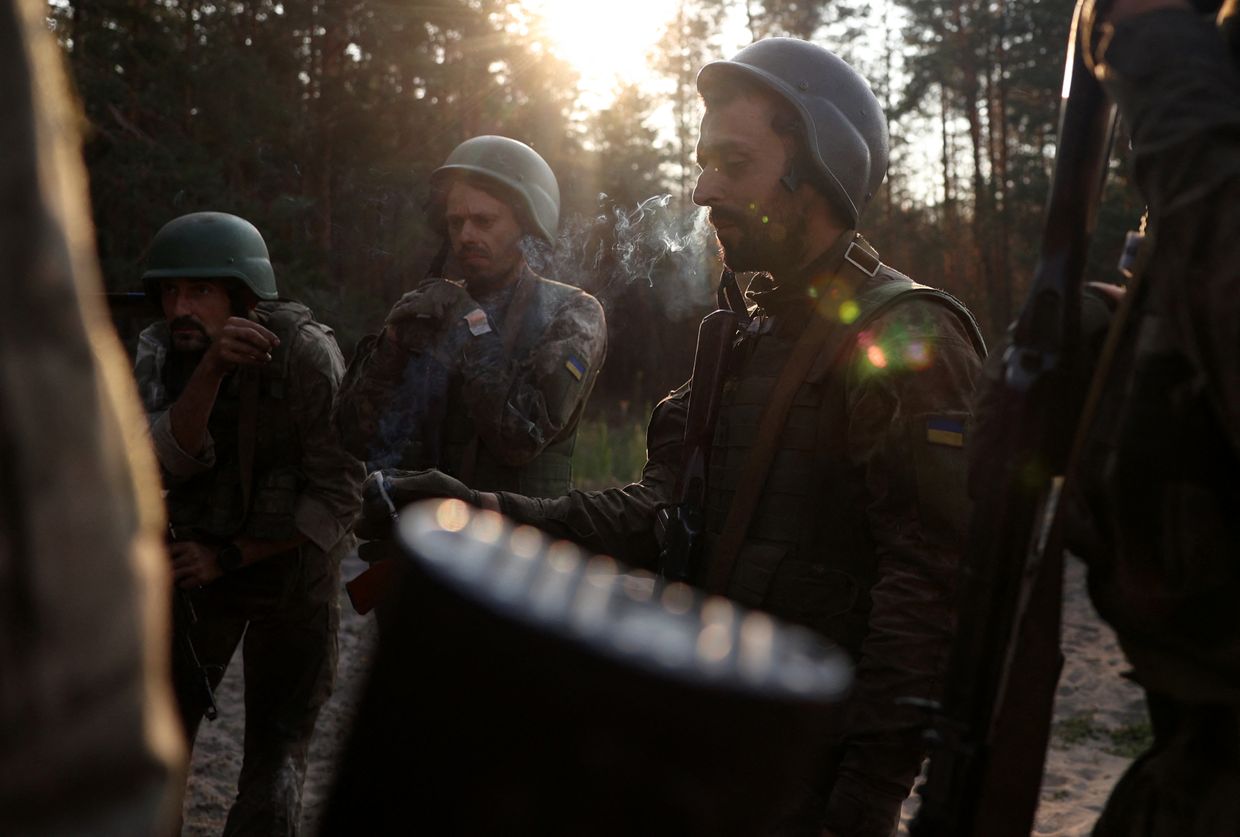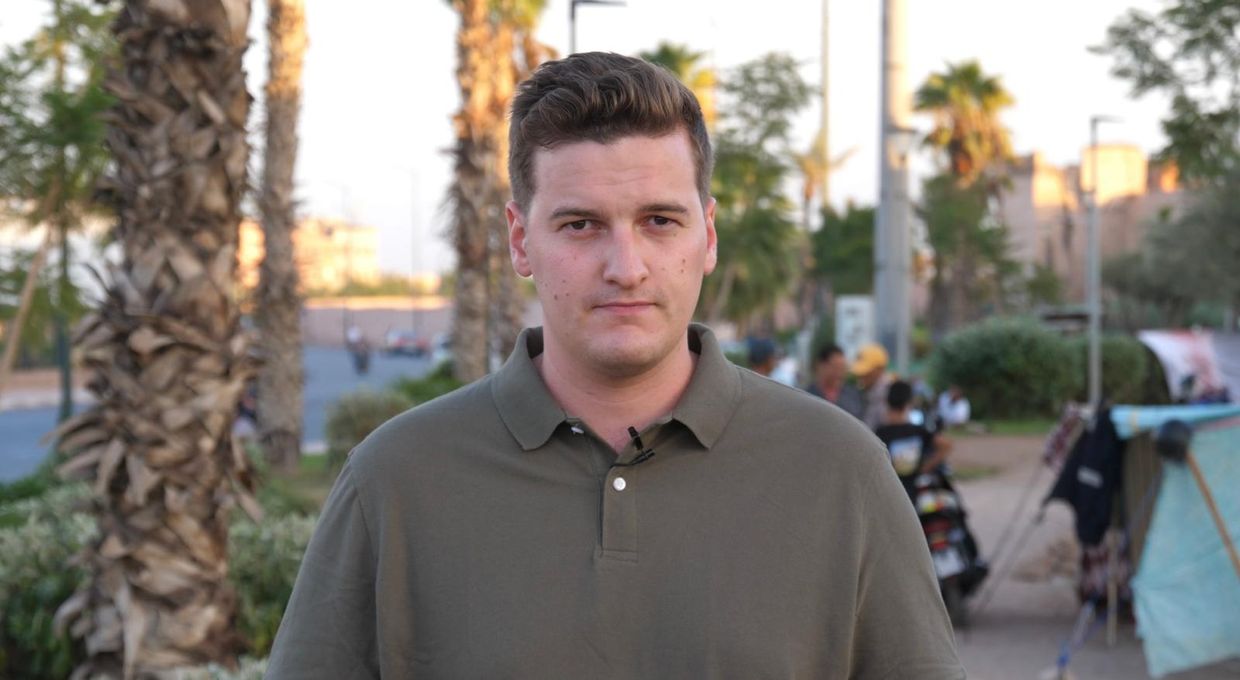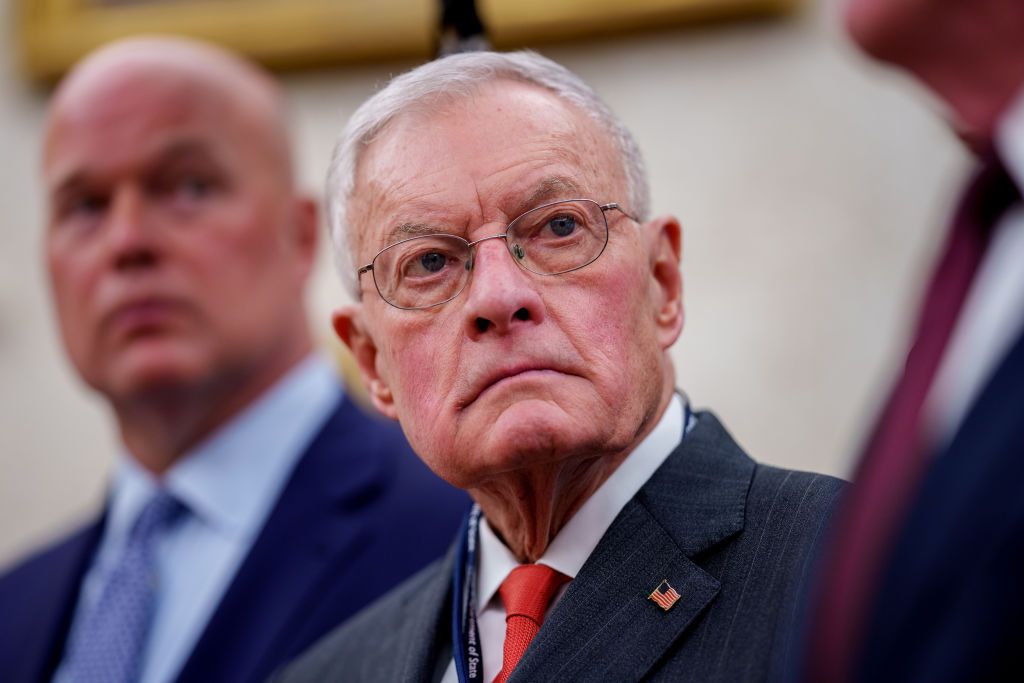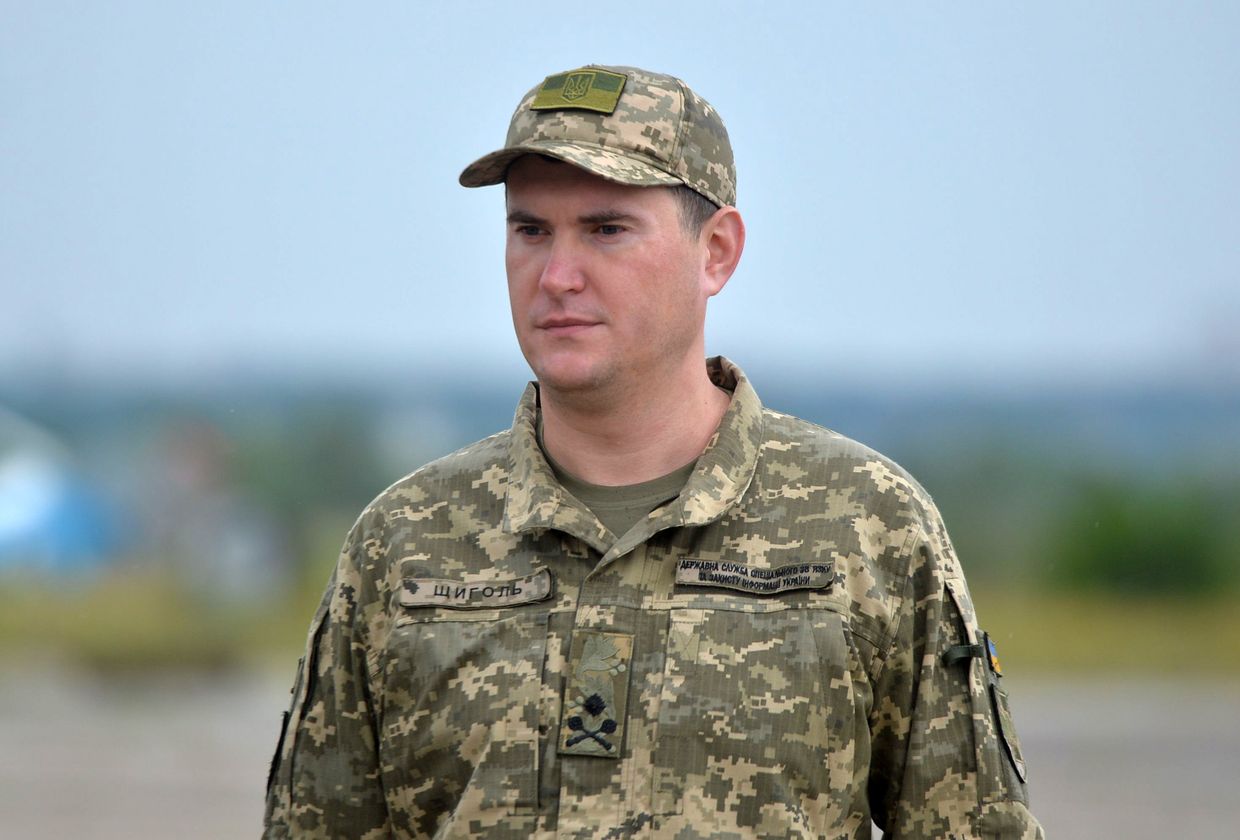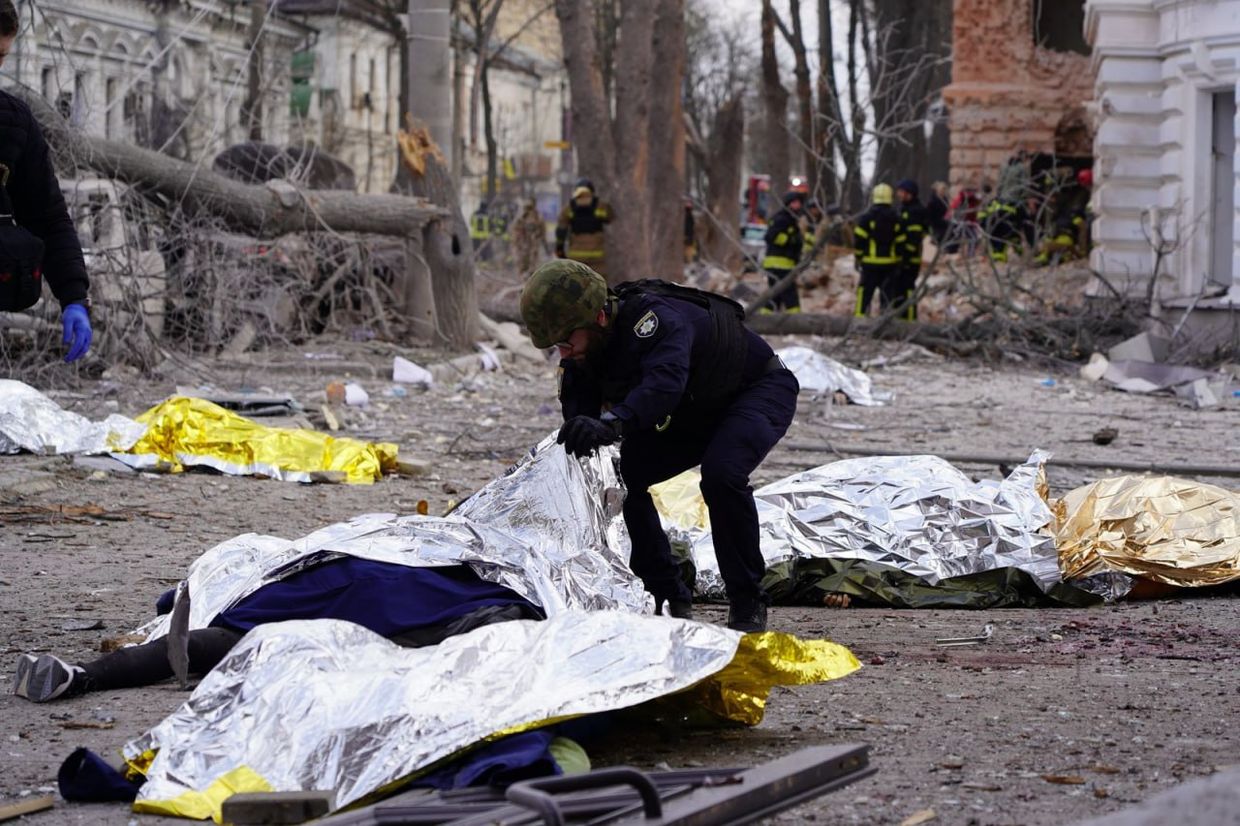Strong statements made after a summit of European leaders in Paris on March 27 demonstrated two things — France and the U.K. are determined to send peacekeepers to Ukraine, but the plans are currently hostage to the whims of the Kremlin.
"You cannot trust the Russians any further than you can throw them today, and that really is going to be the blockage in the negotiation process for all parties," Dr. Ian Garner, assistant professor in totalitarian studies at Poland’s Pilecki Institute, told the Kyiv Independent.
In the face of a retreating U.S., several European countries have moved forward with plans to send troops to Ukraine as part of a "reassurance force" in case of the ceasefire with Russia, French President Emmanuel Macron announced at the Paris summit.
Any potential force deployed would be "a force designed to deter, in order to send that message to (Russian President Vladimir) Putin that this is a deal that is going to be defended," U.K. Prime Minister Keir Starmer added.
But at the same time, Starmer acknowledged the obvious impediment to what is needed in order to put the plan into action — an actual peace deal.
"We agreed here in Paris today that it’s clear the Russians are filibustering. They are playing games, and they’re playing for time," he said.
"It is a classic from the Putin playbook, but we can’t let them drag this out while they continue prosecuting their illegal invasion."
French and British military planners will head to Ukraine to start coordinating with the country’s Armed Forces on how this “reassurance force” could be deployed but a major hurdle will be planning such an operation whilst not knowing what kind of peace they will be there to enforce.
Separate negotiations with the U.S. have so far not yielded a clear plan for peace. Despite Ukraine’s endorsement of a U.S. plan for a full 30-day ceasefire, Russia has so far refused, instead added conditions, including the lifting sanctions, for its participation, while only agreeing to partial ceasefires on energy infrastructure and the use of force in the Black Sea.
At the summit in Paris, President Volodymyr Zelensky said that Russia’s demands shows that "Russia does not seek real peace today and is dragging out the war," urging Ukraine’s European partners to ramp up the pressure on the Kremlin.
His view was echoed by Macron, who said that while Kyiv has "taken the risk of peace," Moscow’s demands in negotiations showed a "desire for war."
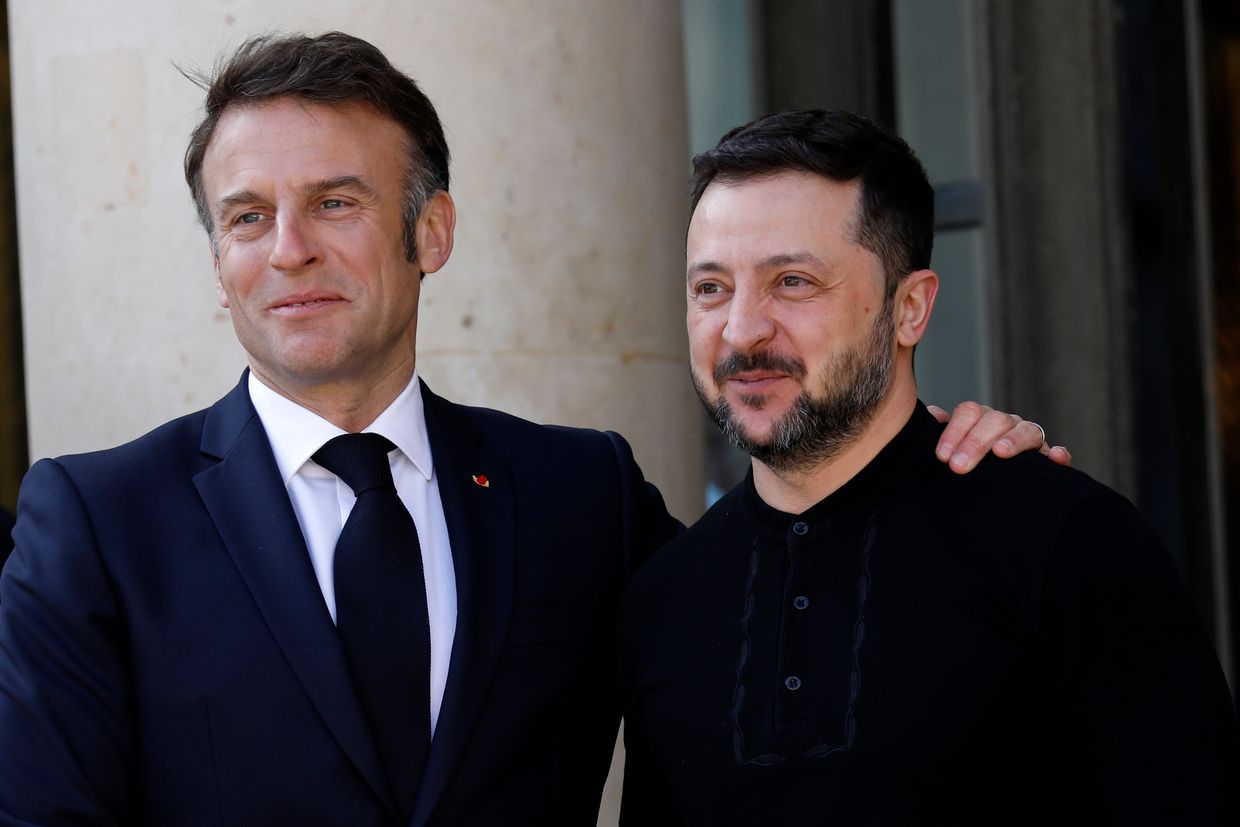
German Chancellor Olaf Scholz, whose approach to supporting Ukraine has drawn criticism in the past, said "we have seen how the negotiations have gone so far, and Russia has added new demands after each round."
"This clearly demonstrates that Russia is currently not interested in real peace," he added.
Garner said the issue is hardly new given Russia's aggression against Ukraine dates back to 2014.
"The problem… is on the Russian side. I don’t see much enthusiasm coming from the Kremlin for signing anything more than a paper thin ceasefire that either would or could lead back to war or an attempt to exert control over Ukraine through non-military means," he added.
The risk of a full ceasefire being imposed with conditions favorable to Russia remains a real concern among Europe’s leaders, particularly with a White House that appears to favor rapid results over a just and lasting peace for Ukraine.
"A ceasefire could be possible as it might provide Putin an ability to recuperate Russia’s losses and wait and see which way the 'negotiations' might go," Gabrielius Landsbergis, Lithuania’s former foreign minister, told the Kyiv Independent.
Landsbergis added that Putin sees a ceasefire as possible leverage "to rebuild his stance in the world."
"Maybe some sanctions will be removed or some other benefits could come his way," he added.
European leaders have so far ruled out any sanctions relief, or promise of sanctions relief, but the U.S. notably has not.
What is beyond doubt is that the biggest deciding factor in how peace will be shaped in Ukraine will be how the U.S. handles the ongoing negotiations.

Richard Haass, former director of policy planning at the U.S. State Department, told the Kyiv Independent that "a full ceasefire between Ukraine and Russia is a realistic prospect if the United States demonstrates its willingness to provide meaningful long-term military and intelligence support to Ukraine for its defense."
"Such support is essential if Putin is to understand that time is not on his or Russia's side," he added.
Haass said that any deal cannot be based on trusting Moscow’s intentions. "It must be built on strength so that Putin determines, however reluctantly, that continued war will not achieve Russia's objectives in Ukraine and could weaken Russia in the process."
For that, the former top diplomat said Europe will need to step up.
"Europe's role becomes far more important if the United States chooses to reduce or end its support of Ukraine," he said.
Many have doubted the administration of U.S. President Donald Trump's support of Ukraine, as well as the competence of presidential appointees, particularly after top Trump officials, including his vice president, national security advisor and defense secretary discussed highly sensitive military plans on a group chat where a journalist has inadvertently been added.
"Donald Trump’s American negotiating party seems to me to be inexperienced and credulous in the way they are dealing with the Kremlin," Garner said.
"The Putin regime is spinning different stories to different parties. It’s telling its public one thing and the Western public another. It is continually attacking and threatening Ukraine. There is no sign that the state is stepping back from its attacks."
While the Kremlin has agreed to partial ceasefires on energy infrastructure and the use of force in the Black Sea, its devastating bombing of Ukraine's cities continues.
In the latest instance, a Russian drone attack on March 28 killed four people and injured at least 24 in the city of Dnipro, sparking a large fire at a hotel and restaurant complex as well as 11 homes.
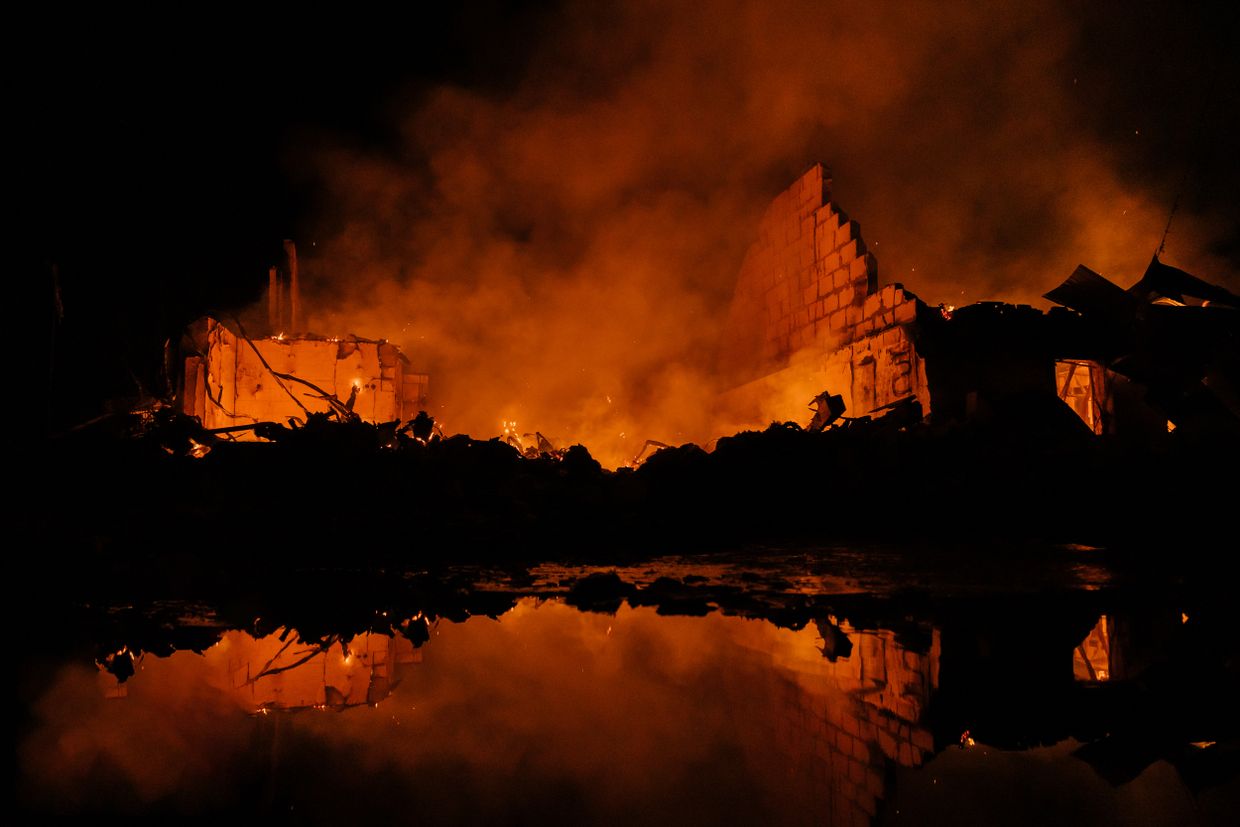
Despite Ukraine's willingness to sign up to a full ceasefire, and Russia's refusal and ongoing attacks against civilians, Landsbergis said things are still headed in Moscow's favor.
"It all depends on if the U.S. is prepared to give Putin everything he asks for and so far that seems to be the case," he said.
There is also the issue of European unity, which will be crucial to any European-led peacekeeping force.
Italian Prime Minister Giorgia Meloni has expressed skepticism about sending European troops to Ukraine, warning that Moscow could see this as a provocation.
Garner warned that only a cohesive European force could work as a real deterrent against further Russian aggression.
"Ukraine’s biggest supporter in Europe in terms of size, Poland, has been pretty dubious about actually putting Polish troops on the ground," he said.
"If Poland were to change its mind, I think others might follow but without Poland, I don’t think it’s realistic."
Macron has said that plans for Europe’s reassurance force for Ukraine would take shape in the next "three to four weeks," but the biggest challenge remains — whatever shape it takes, it is still aiming at a moving target as U.S.-led peace negotiations continue to falter.
